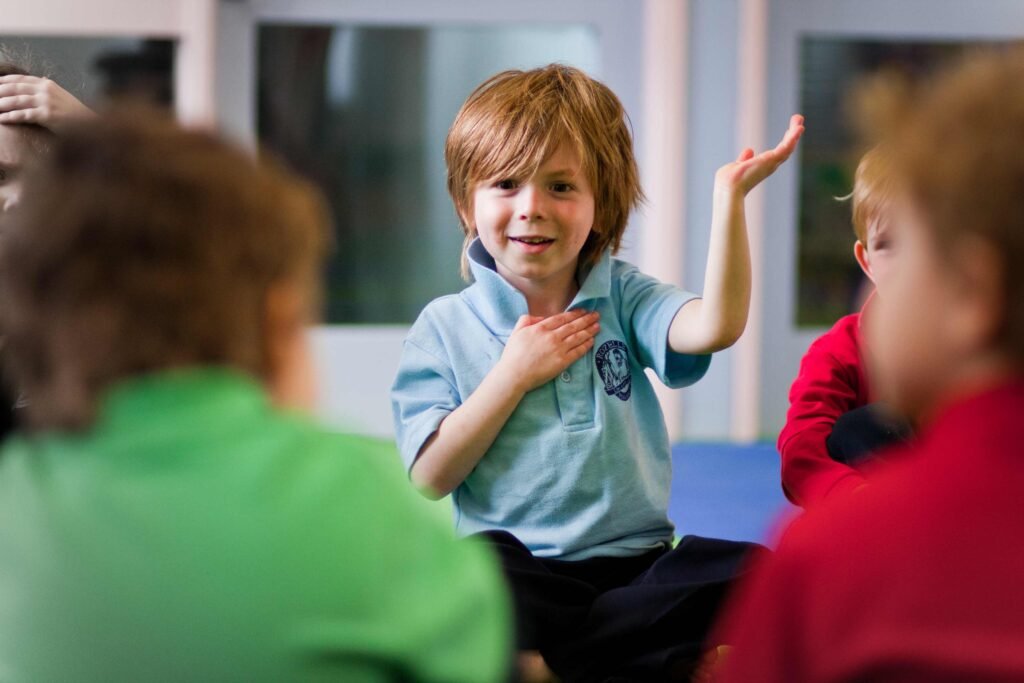
National Check-in Week is a transformative initiative designed to help schools and educators prioritise student wellbeing through daily online emotional check-ins. This groundbreaking approach empowers students to express their feelings while providing schools with rich, real-time insights, metric, data and reports into student readiness, emotional trends, and classroom dynamics.
From May 26, 2025 to May 30, 2025




National Check-In Week was founded with a mission to ensure that no child falls through the gaps—regardless of their socio-economic background, cultural identity, neurodiversity, learning differences, or geographic location.
For over 18 years, our team has worked hand in hand with schools, governments, and communities, building technology dedicated to empowering student voices and fostering emotional literacy and self-regulation among K–12 students across Australia.
Our mission is to empower student voices through technology, helping schools drive better outcomes by providing evidence-based wellbeing data—from the students, for the students.

Total Check-ins
in 2023
Australia

New Zealand

and schools from around
the world

– it’s now time to check-in on the
of your students NOW.
Read the results from National Check-in Week 2022 in the official report.

Complete the form to receive access to Life Skills GO, the platform powering National Check-in Week. This includes free access for two weeks to:
We have a number of Ambassadors and partners supporting National Check-in Week, such as those below, and are speaking with many others to join in and help raise awareness.

CEO EDUCATION SERVICES AUSTRALIA
National Check-in Week will contribute to raising the criticality of student wellbeing. Investment in this critical issue will raise awareness and provide educators with evidence- gathering tools to start conversations that will provide timely data to help understand students’ state of well-being in realtime.


CEO of Australian Council of State School Organisations (ACSSO)
We love the focus you have placed on National Check-in Week, highlighting the need to assess the wellbeing needs of very child in Australia.


Dr Mark Williams, BSc(Hons); PhD
Professor of Cognitive Neuroscience
National Check-in Week will contribute to raising the criticality of student wellbeing. Investment in this critical issue will raise awareness and provide educators with evidence- gathering tools to start conversations that will provide timely data to help understand students’ state of well-being in realtime.


CEO of Australian Council of State School Organisations (ACSSO)
We love the focus you have placed on National Check-in Week, highlighting the need to assess the wellbeing needs of very child in Australia.
In Australian schools, student wellbeing is at a crisis point. One in seven students experiences a mental health challenge each year (AIHW, 2023), with anxiety, depression, and behavioural disorders on the rise. The pressures of academic performance, social change, family stress, and digital overstimulation are making it harder than ever for students to focus, engage, and thrive in school (Twenge & Campbell, 2022).
Yet, schools are often left in the dark. Traditional wellbeing assessments—such as attendance records, behavioural incidents, and teacher observations—fail to capture students’ real-time experiences and often exclude their voices. Anonymous surveys, conducted infrequently, provide only a snapshot rather than ongoing insights, making it difficult to identify immediate concerns.
Without a structured way for students to regularly express how they feel and develop the skills needed to self-regulate, their voices go unheard, and opportunities for early intervention are missed.